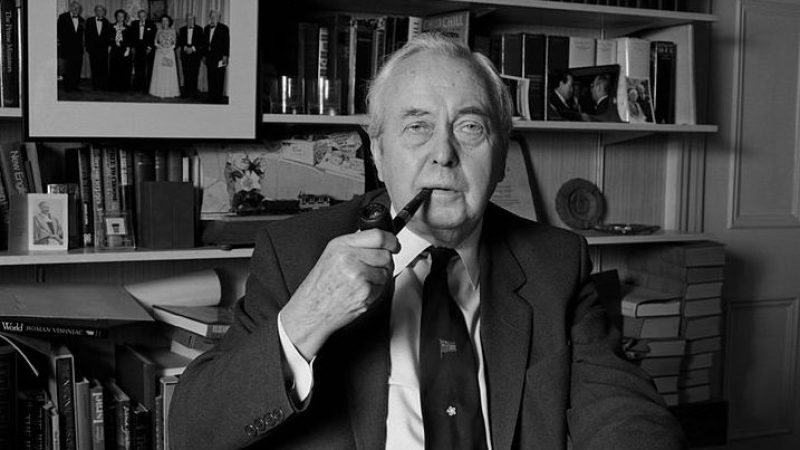
The subtitle of Nick Thomas-Symonds MP’s majestic biography of Harold Wilson – The Winner – suggests we would miss a trick if we failed to learn from the former Prime Minister. Whilst this does not mean imitating, it does mean looking behind the details to heed the lesson. Leading a party and a country is no easy task – the number of competing interests, demands, decisions, personalities (did I say egos?) and practical realities making eight-ball juggling seem a cinch.
It’s nearly half a century since Wilson left Downing Street, but much of his legacy – the Open University, EU continued membership (for almost half a century), outlawing racial discrimination, work on eradicating world poverty – endured. He had to balance domestic with world affairs (in his case, Rhodesia and Vietnam), political objectives with economic realities (balance of payments, the pound, cost of living), to say nothing of the unions and internal party divisions.
One of my earliest memories at the Fabian Society (which I joined in 1974) was a weekend school at Plaw Hatch Hall on how to keep a Labour government in touch with (or at the behest of?) – the national executive committee. Such tensions had led to the creation of “chocolate soldiers” (Rowntree-funded SpAds) and joint NEC-cabinet working groups.
Wilson’s government left a more open, tolerant country, but he knew this was only achievable with the consent or at least acquiescence of the electorate. As he said in 1974: “Remember that I don’t want too many of those Guardianisms, environmentalism, genderism etc… I want my speeches always to include what working people are concerned with: jobs, pay, prices, pensions, homes, kids, schools, health.” He believed passionately in enhancing the rights of minorities but knew that, to win elections, he had to focus on issues that affected the everyday lives of millions. That’s not a bad lesson to learn from a three-time winner.
What else should Keir Starmer and Labour learn from this remarkable man and his eight years in office (1964-70, 1974-76), aside from the advantage of a strong brand image (pipe, HP sauce and Paddy the dog)?
One is the need for a strong, loyal and politically astute team around the leader, albeit open to input from political foes and allies, within and beyond the party (oh, and avoid honours lists). Wilson had the advantage of being elected by fellow MPs, not the party membership. Though he might have won that easily, it meant his day-to-day work kept him close to his selectorate.
Second is a strong sense of Britain’s place in the world, which Wilson had to negotiate between the US, Commonwealth and common market. His achievement in keeping us in the EU established Britain’s path for the next half century. What role will Labour forge in the post-Brexit world?
Wilson also exhibited his patriotism. He could connect with that sense of country and an ambition for it that we today sometimes undervalue.
Third, we need some clear, understandable and achievable priorities. A Labour government will earn support if it is seen to deliver what it promises.
Fourth is a challenge Harold Wilson didn’t have to face: rebuilding trust in politics. He was a firm constitutionalist and monarchist, these providing the foundation from which he could wander further without frightening the children. Today, Johnson plus Trump have devalued trust, competence and faith in leadership.
Populations need to believe government is on their side – as in the pandemic when we all wanted government to be doing the right thing. Labour will need to demonstrate that the adults are back in charge, that we will govern on behalf of and in the interest of the UK, its people, business, environment and security.
Thomas-Symonds’ book has a particular fascination as it’s by an accomplished academic historian who’s also a senior politician (a Shadow Secretary of State). Perhaps the best lesson is ‘keep your historian close’, not just to have a good write-up when it’s all over, but always to have to hand a reminder of what did and did not work so that – above all – mistakes are not repeated but lessons learnt.
Nick Thomas-Symonds and Dianne Hayter will be in conversation at 6pm on June 20th in committee room 12 in parliament at a Labour History Group event, ‘What are the lessons of Labour’s election-winner Harold Wilson for today’s Labour?’. Register to attend here.




More from LabourList
‘Tackling poverty should be the legacy of Keir Starmer’s government’
‘The High Court judgment brings more uncertainty for the trans community’
‘There are good and bad businesses. Labour needs to be able to explain the difference’